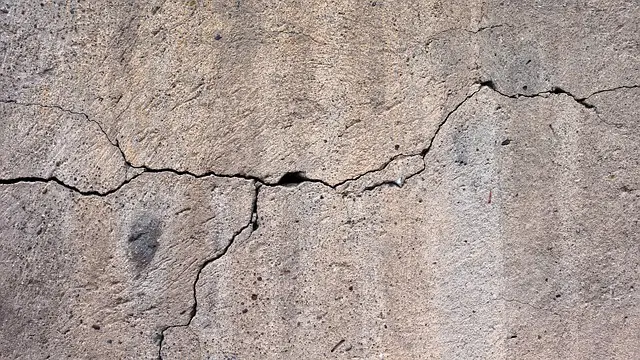3 Reasons Why Your Concrete Is Cracking In San Diego
 Any contractor will tell you the same thing if you ask them whether they can guarantee that the patio they pour won’t crack: they can’t. This is due to the reality that concrete will crack; no matter what anyone tries, this truth cannot be avoided.
Any contractor will tell you the same thing if you ask them whether they can guarantee that the patio they pour won’t crack: they can’t. This is due to the reality that concrete will crack; no matter what anyone tries, this truth cannot be avoided.
Concrete scientists and engineers have devoted their entire lives to preventing concrete from breaking. And they are still at a loss for understanding. Concrete cracks, and there is nothing that can be done to prevent it as a company that has been pouring concrete for many years and has thousands of projects under our combined belts. Therefore, we want to make sure that our consumers are able to comprehend why concrete cracks and the best ways to fix them.
-
Shrinkage Cracking
Concrete can crack for a number of causes, but shrinkage cracking is by far the most frequent. When your concrete driveway or patio is poured, it is liquid, as it must be in order to be correctly shaped. The water inside the concrete evaporates as it starts to dry, causing the concrete to shrink as a result. For every 100 square feet of surface area, a concrete slab will shrink by around 1/4 of an inch. Hours after it has been poured, concrete can start to crack as it dries and shrinks.
-
Hairline Fractures
On your patio or driveway, any crack that is 1/8 of an inch or smaller is regarded as normal. After a month or two, a few hairline fractures might show and then vanish.
-
Small Fractures
The majority of cracks won’t have any impact on your patio or driveway because cracking is common. Concrete is still one of the toughest building materials available for your patio and driveway. Small fractures in your concrete project are only decorative and won’t have an impact on its durability or strength.
FAQs
What Are The Three Reasons Why Concrete Cracks?
- Too much water in the mixture.
- Concrete dries very quickly.
- On-site concrete was poured at the incorrect strength.
- Insufficient control joints in the concrete slab.
- In the winter, foundations are poured.
What Is The Most Typical Reason For Concrete Cracking?
Cracking is frequently caused by shrinkage. Concrete shrinks as it dries and hardens. This is a result of extra mixing water evaporating. The shrinkage will be larger the wetter or soupier the concrete mix is.
What Causes Concrete To Crack Early?
Plastic settling and plastic shrinkage are the two main causes of early cracking. The early phases of casting concrete exhibit both types of cracking. It happens before the concrete fully hardens or sets, typically between the first 30 minutes to 6 hours after placement and compaction.
Conclusion
It is a good idea to initially speak with San Diego Concrete if you are unsure about moving forward with your concrete project. If you have any queries about concrete cracks or anything else relating to concrete, we are here to answer them honestly. Keep in mind that we have been in the company for a long time and are knowledgeable about concrete.
Give our professionals at San Diego Concrete a call at (619) 383-2500 right away to know more about our excellent concrete services in San Diego, CA.